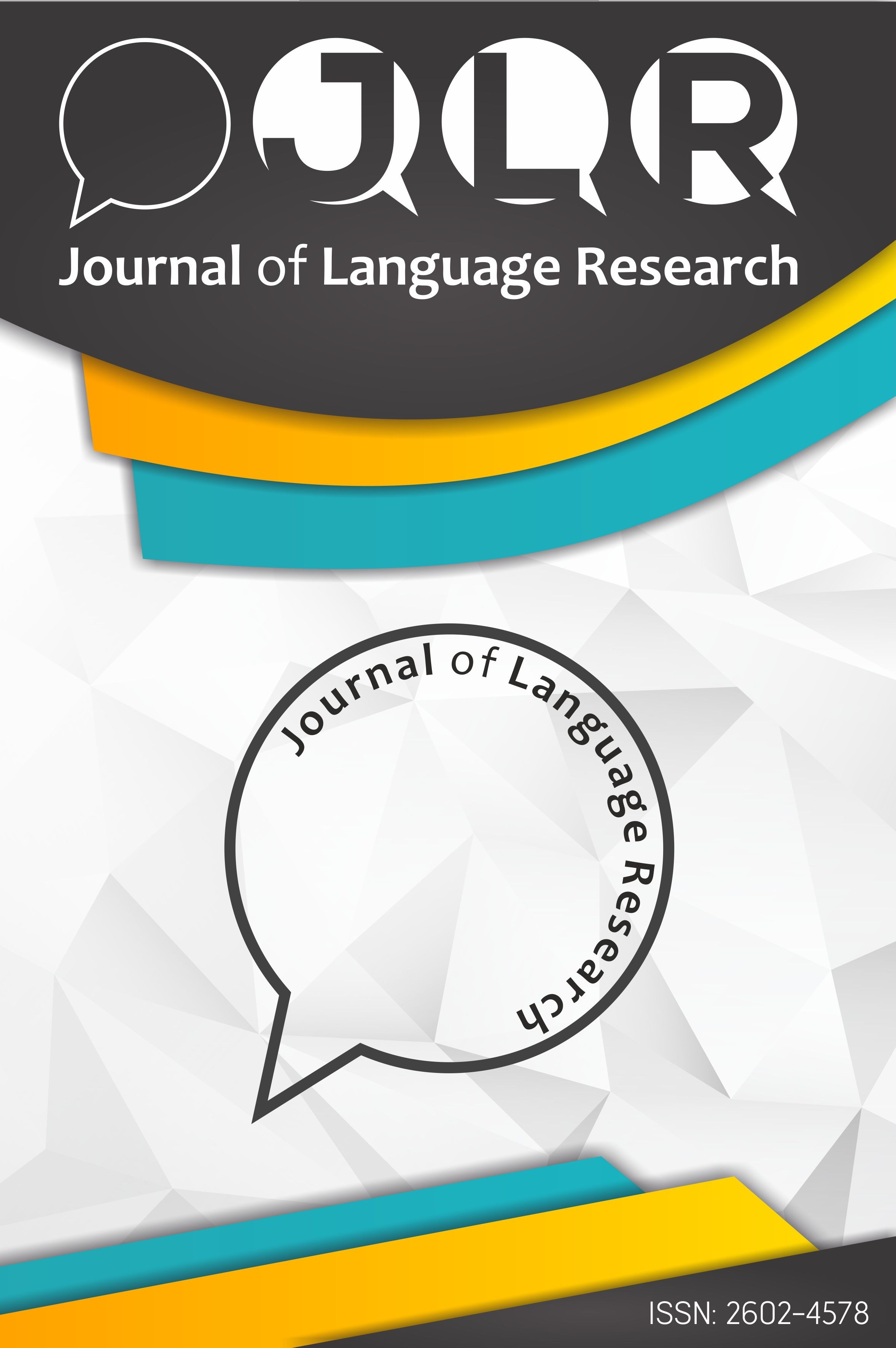
Journal of Language Research
Yazarlar: İşıl ATLI, Dalga ÖZAL
Konular:Sosyal, Dil Bilim, Eğitim, Bilimsel Disiplinler
Anahtar Kelimeler:Attitude,Motivation,English as a Medium of Instruction (EMI)
Özet: English Medium Instruction (EMI) has been a growingly popular practice in public and private universities around Turkey. Following the trend of internationalization overeagerly, Turkish universities have started undergraduate and graduate programs run partially or fully in English, yet they have given not enough thought to what it requires to teach and learn an academic subject in an additional language. Decision makers at the tertiary level have often regarded English language proficiency as the only indicator of success in these programmes and mistakenly believed that the required English proficiency level could be attained within a year through the “ Preparatory Year English Language Programme (PYP) ” offered by the language school of the university. However, it has been seen that in many cases, these one-year-long intensive English programmes have failed to meet the needs of the students preparing to study their prospective academic fields in English, and low student motivation has been observed as a major hindrance. The aim of this study is to find out if choosing an EMI programme has a positive effect on student motivation and English language proficiency and to discover if there is a positive correlation between student motivation and academic achievement. For that purpose, during the spring semester of the academic year 2016-2017, 40 PYP students enrolled in an EMI programme run fully (100%) in English, 40 PYP students enrolled in an EMI programme run partially (30%) in English and 40 PYP students enrolled in a programme run completely in Turkish were given Gardner ’ s Attitude/Motivation Test Battery Questionnaire. Then students ’ end-of-the-year test scores were collected to identify if there is a correlation between student achievement and motivation in these three groups of students. Based on the findings, pedagogical implications for PYPs will be discussed.